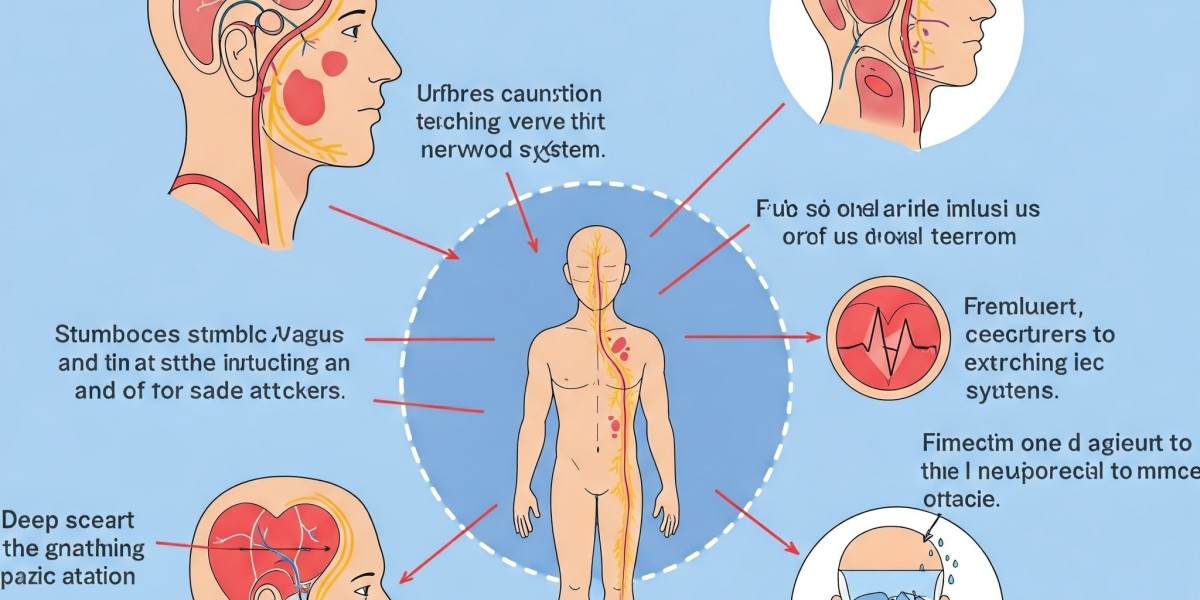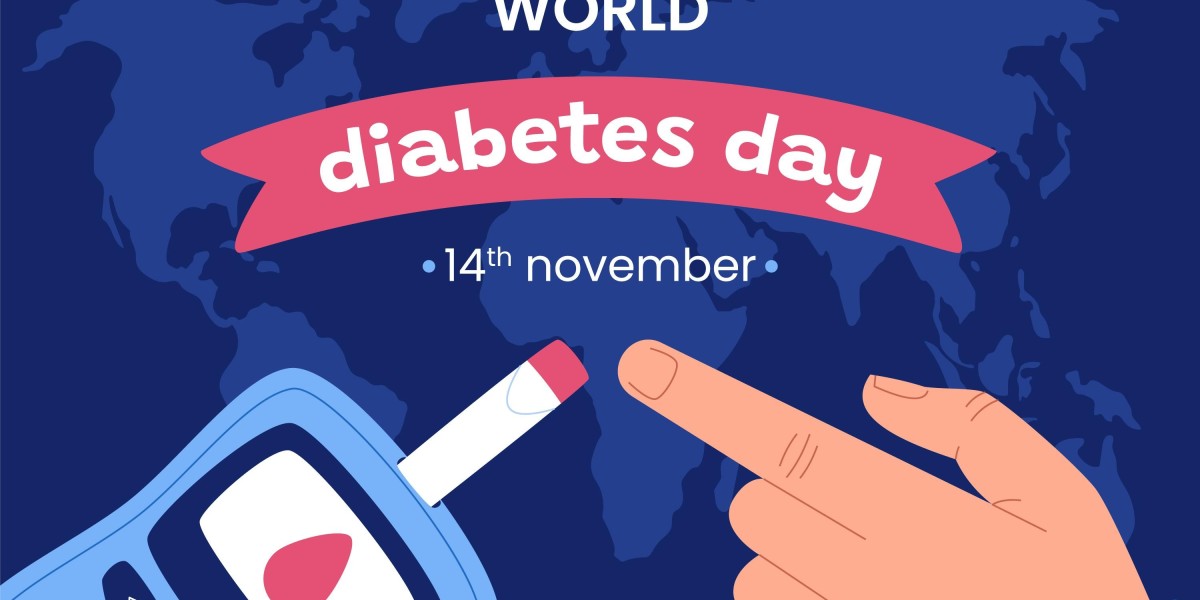Panic attacks can be overwhelming, causing rapid heartbeats, shortness of breath, and a sense of impending doom. But did you know that your body's natural calming mechanism lies within the vagus nerve? This crucial nerve plays a vital role in regulating stress responses and can be a powerful tool in managing panic attacks. Understanding how to stimulate the vagus nerve effectively can help individuals regain control and find relief from anxiety-related symptoms. In this article, we’ll explore the connection between the vagus nerve and panic attacks, why it matters, and practical ways to harness its benefits.
What is the Vagus Nerve?
It is a key component of the parasympathetic nervous system, responsible for the "rest and digest" response. Unlike the fight-or-flight reaction, which triggers panic attacks, the vagus nerve helps the body relax and recover from stress.
Functions of the Vagus Nerve
Regulates heart rate and blood pressure
Controls digestion and gut health
Influences mood and emotional well-being
Supports immune function
When the vagus nerve is activated, it sends signals to calm the nervous system, reducing anxiety and stress-related symptoms.
Why is the Vagus Nerve Important for Panic Attacks?
When a panic attack occurs, the sympathetic nervous system is overstimulated, leading to heightened anxiety and physical distress. The vagus nerve counteracts this by activating the parasympathetic response, which lowers heart rate, reduces blood pressure, and induces a sense of calm.
Benefits of a Healthy Vagus Nerve
Reduces stress and anxiety: A well-functioning vagus nerve can help prevent excessive fear responses.
Improves heart rate variability (HRV): Higher HRV is linked to better stress management and emotional resilience.
Enhances digestion: Since gut health and mental health are closely connected, vagus nerve stimulation can alleviate digestive issues caused by anxiety.
Promotes relaxation: Activating the vagus nerve can trigger a deep relaxation response, easing panic attack symptoms.
How to Stimulate the Vagus Nerve to Reduce Panic Attacks
There are several effective ways to activate the vagus nerve and calm the nervous system:
1. Deep Breathing Exercises
Slow, diaphragmatic breathing stimulates the vagus nerve and signals the body to relax.
Try the 4-7-8 breathing technique: Inhale for 4 seconds, hold for 7 seconds, and exhale for 8 seconds.
Practice box breathing: Inhale for 4 seconds, hold for 4, exhale for 4, and hold again for 4 seconds.
2. Cold Exposure
Splash cold water on your face.
Take a cold shower for 30 seconds.
Apply an ice pack to the neck or chest area.
3. Humming and Chanting
Since the vagus nerve connects to the vocal cords, sound vibrations can help stimulate it.
Hum a favorite tune.
Chant “Om” or other calming mantras.
Sing along to music you enjoy.
4. Meditation and Mindfulness
Practicing meditation can enhance vagal tone and reduce stress.
Try guided meditation focused on breathwork
5. Gut Health and Nutrition
A healthy gut supports a strong vagus nerve.
Eat probiotic-rich foods like yogurt, kimchi, and kefir.
Avoid processed foods and high-sugar diets.
Best Practices for Vagus Nerve Stimulation
Consistency is key: Regular practice of breathing techniques and mindfulness enhances results.
Combine multiple techniques: Deep breathing, cold exposure, and meditation work best when used together.
Monitor progress: Track your heart rate variability (HRV) to gauge vagus nerve activity.
Common Mistakes & How to Avoid Them
Inconsistent practice: One-time stimulation won’t provide lasting benefits. Make it a daily habit.
Shallow breathing: Ensure deep belly breathing rather than shallow chest breathing.
Over-reliance on one method: Experiment with different techniques to find what works best.
Future Trends & Predictions in Vagus Nerve Research
With advancements in neuroscience, researchers are exploring new ways to harness the vagus nerve for mental health treatment.
Vagus nerve stimulation (VNS) devices are being developed to help with severe anxiety and depression.
Biofeedback technology is making it easier to measure vagal tone and optimize relaxation techniques.
AI-driven wellness apps are integrating vagus nerve training for stress relief.
FAQs
1. Can stimulating the vagus nerve stop a panic attack instantly?
While vagus nerve stimulation can help calm the nervous system, it may not provide immediate relief. However, regular practice can reduce the frequency and intensity of panic attacks.
2. Is vagus nerve dysfunction linked to anxiety disorders?
Yes, a weak vagus nerve response is often associated with heightened anxiety and poor stress resilience.
3. Can diet improve vagus nerve function?
Absolutely. A diet rich in probiotics, fiber, and omega-3 fatty acids supports vagus nerve health.
4. Are there medical treatments for vagus nerve stimulation?
Yes, some individuals with severe anxiety or depression may benefit from vagus nerve stimulation therapy (VNS), a procedure where a device is implanted to stimulate the nerve.
5. Does exercise help activate the vagus nerve?
Yes, moderate aerobic exercise, such as walking or swimming, can improve vagal tone and reduce stress.
6. How long does it take to see results from vagus nerve stimulation?
Results vary, but consistent practice over weeks or months leads to noticeable improvements in stress management.
The vagus nerve is a powerful tool for managing panic attacks and reducing anxiety. By incorporating simple techniques like deep breathing, cold exposure, and mindfulness into daily routines, individuals can strengthen their vagal tone and improve overall well-being. Understanding the connection between the vagus nerve and panic attacks empowers individuals to take proactive steps toward emotional balance. Start today by integrating these practices and experience the calming benefits for yourself.
For more mental health resources, visit Mental Health Connect.



